Why Players Stop Chasing the Poker Dream
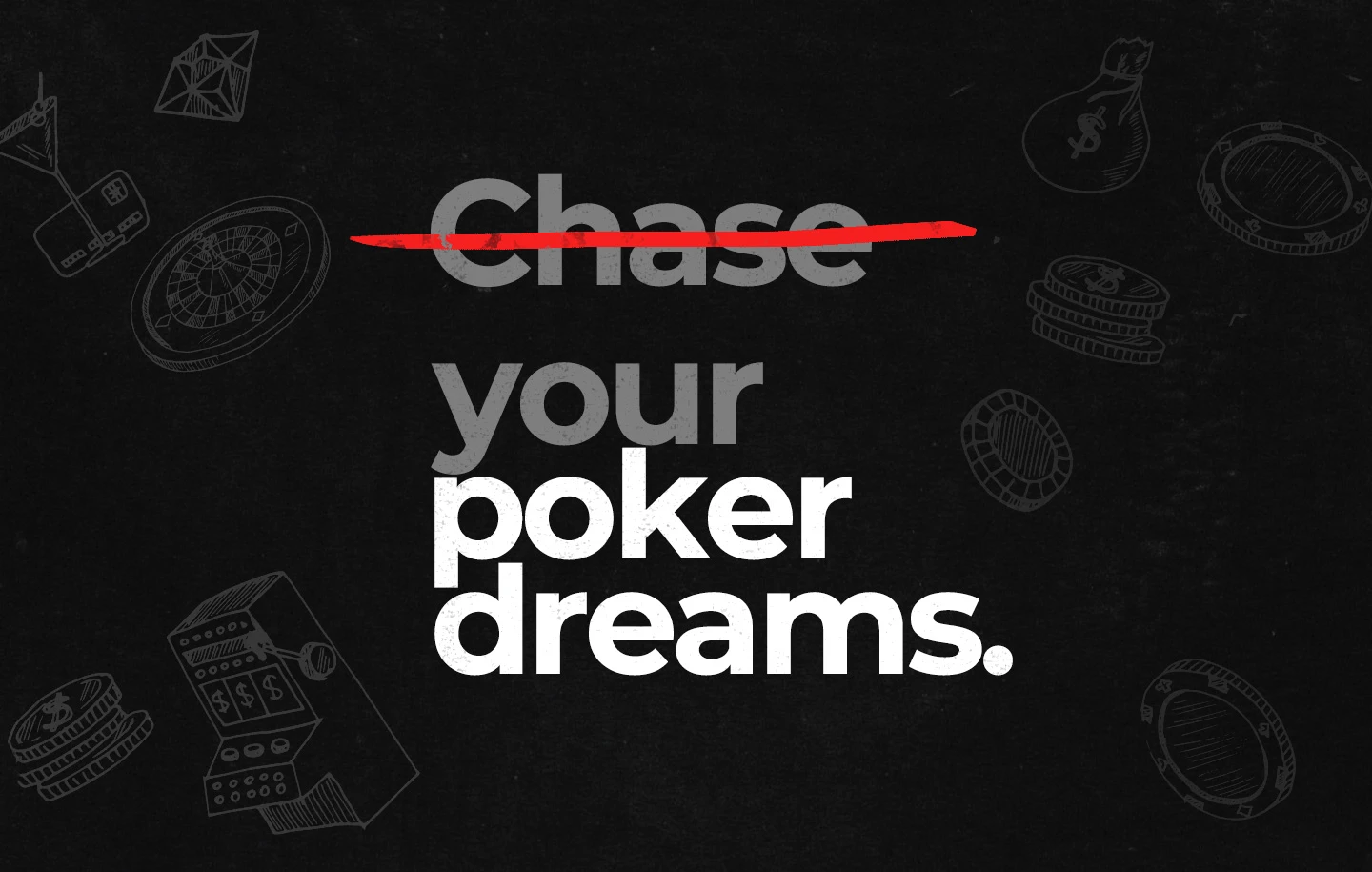
- Fact Checked by: PokerListings
- Last updated on: May 1, 2025 · 5 minutes to read
On April 26th, 2025, poker YouTube creator, high-stakes player, and coach Marc “Hungry Horse Poker” Goone asked ex-professional poker players about their reasons for quitting.
PokerListings found inspiration in their answers to share this article with you and discuss the reasons behind an inevitable part of almost any professional poker player’s journey: retirement.
Our team believes that people voluntarily leave poker behind for three main reasons, which we explain in this article. If you retired for other reasons, feel free to share them with us in the comments below or on social media.
Reason #1: Poker Has Served Its Purpose
At the start of a poker career, many young people see the poker dream as the dream of their life. However, after the initial charm wears off, they often find themselves not chasing success in poker, but simply using it as a financial vehicle to reach a real dream — often not even connected to the game or gambling industry at all.
Some also find themselves already wealthy enough from poker winnings that they simply no longer need to play, and can move on without worrying about money.
For example, professional poker player from Germany Mathias “YoshiSuperstar” Maasberg used his poker winnings to finance his own tabletop game.
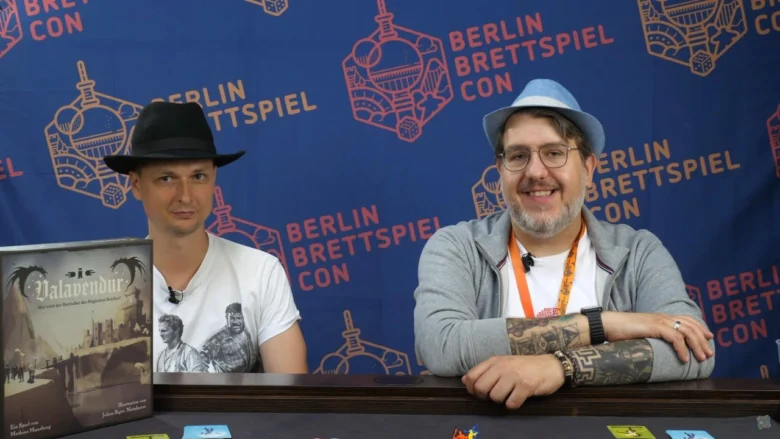
His countryman Fedor Holz used poker earnings to invest in start-ups and co-founded the Primed Group in Vienna, focused on socially responsible ventures — including the creation of a unique community space for growing businesses.
Reason #2: There’s a Job Opportunity Better Than Poker
While poker gives players the chance to make a living independently, there are plenty of jobs that suit some people far better than constantly shuffling chips.
These alternatives often offer not just more financial stability, but also:
- More money than poker for the same level of engagement
- A flexible schedule with time for family, friends, and personal needs
- The chance to travel through business rather than spending hours in a casino
- Recognition and respect for results
- A sense of purpose through creating something meaningful for society
- The joy of building something with your mind or hands
More importantly, a “normal” job gives players a sense of future — easing the pressure of having an occupation that leaves a blank space on your CV if you suddenly need to pivot.
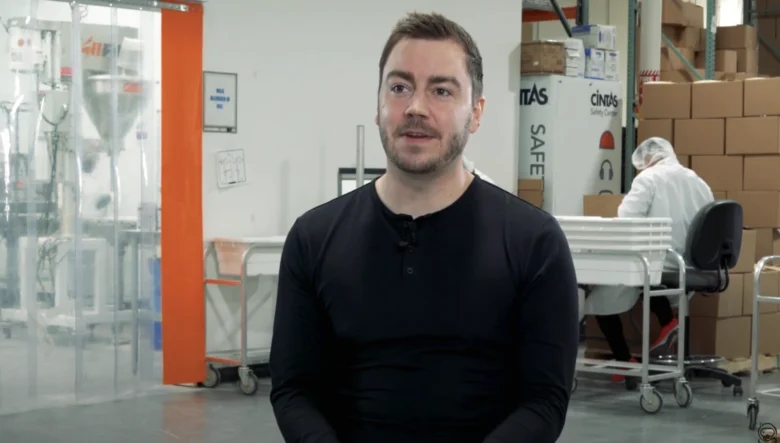
For example, U.S. poker pro Brian Tate left the game after founding Oats Overnight, a healthy food company providing convenient packaging — something he felt was missing during his grinding days.
Another case is ex-professional poker player and streamer from New Zealand Mike “ImYourBluff” Harb, who stepped away from poker in 2023 after being offered a rewarding opportunity in tech product development:
I’ve got an opportunity to do contracting work that is extremely flexible, a 6 month gig and very well paid/interesting project (much more lucrative than what I could make playing poker over that time).
It’s worth pointing out that this wasn’t Mike’s only reason. He also said:
- He started enjoying the game less over 2022 despite success: “Deep down I still love the game and always will, but my enthusiasm for the game and the grind has significantly decreased.”
- He lost interest in earning money through poker: “[It] is not something I’m interested in putting in right now. I’m more interested in good quality family time, improving my health and fitness and music.”
- He realised that MTT grinding isn’t a healthy lifestyle: “Getting up anywhere between 2–4am, eating poorly etc. This last month or so, I’ve mostly been getting up between 7–8am and not grinding in an office for 8+ hrs and I feel great for it.”
He continues to stream occasionally for fun, but no longer has time for a poker career — because he’s thriving in other areas of life.
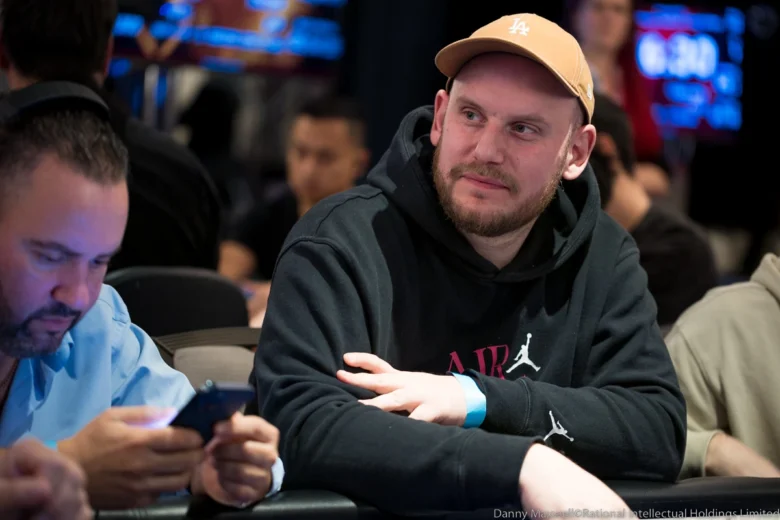
Reason #3: Health Issues and Burnout
Poker isn’t all relaxation and fun. It’s a mentally demanding, high-stress pursuit that requires players to sit for long, unhealthy hours while they:
- Risk large sums without guaranteed reward
- Handle pressure, tilt, and high expectations
- Optimize their time for maximum value
- Absorb countless losses, mistakes, and strokes of bad luck
Sooner or later, some players find themselves unhappy — or even unwell — and choose to stop chasing the poker dream before it takes too much of a toll.
For example, successful poker pro Ben “NeverScaredB” Wilinofsky publicly shared that he was diagnosed with clinical depression and anxiety, and left poker after realizing that it didn’t help his mental health — calling it “an easy solution to the wrong problem.” You can hear his full explanation in the PokerListings discussion on YouTube:
Even when these decisions aren’t dramatic, they often come down to reaching a personal limit — whether it’s chronic back pain, emotional fatigue, or simply feeling unfulfilled in life.
That said, sometimes the toll is more than mental or physical exhaustion. One of the saddest examples was 33-year-old poker player Matt Marafioti, whose mental health declined so severely that he took his own life in 2021.
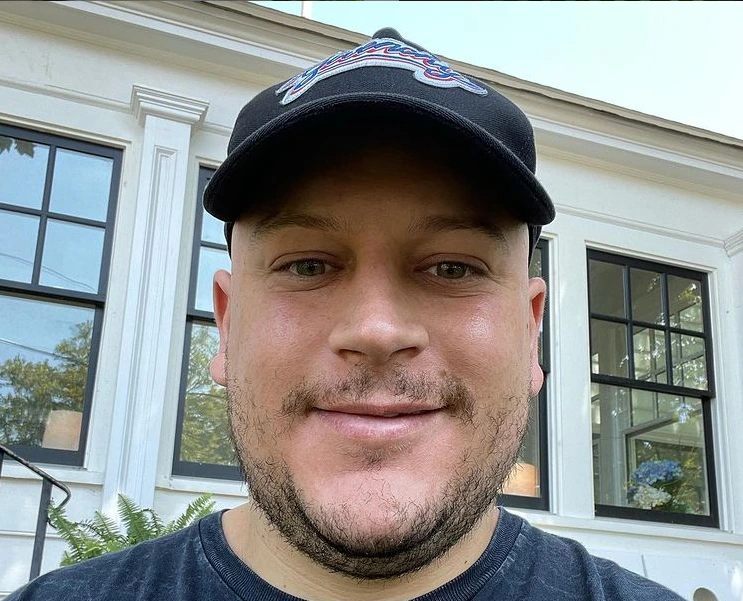
Brief Stories of Poker Pros Changing Careers
Marc Goone: Why did I walk away from a poker career that made me 7 figures?
i moved to LA in 2016 with less than $10k to my name, started at $5/5, built a six-figure bankroll in my first year.
i climbed the stakes and played as big as $200/400. Then I walked away because once you reach high stakes, there’s a ceiling. You either:
- play private games
- travel nonstop playing MTTs
- do something different
I didn’t want to rely on shady invites and I’d rather have a catheter in my peehole than play MTTs. So I chose option 3. My business partner Gethen and I started “Hungry horse poker”. We help serious players go from winning to crushing — with a system that actually works. It started as a stable, and has evolved into a real business.
Stan Kriventsov: I played professionally (online poker was my only source of income for over 10 years), but then decided to finally use my graduate degrees, and now I work as a software engineer. Still play in tournaments for fun though.
Matt Valeo: Chased the dream hard for a while. Moved into entrepreneurship and continued to play recreationally. Now at the crossroads of poker and entrepreneurship
Jesper “Kipster” Hougaard: Won 2 bracelets and 2 Sunday Millions but PLO cash was my bread n butter. Retired from poker in Jan 2021 after my 3rd best year ever out of 15 playing pro. Now investor/CPO in a scale up valued at €40M.
Adam: Played for years before moving to Vegas to chase my dream. Toon backing from a well known pro who had been accused of cheating, left after trying to expose them and moved on to Surveillance.
B Moneys Picks: My brother left a 6 figures job, turned Pro for 6+ years. Made well over a million in cash games & tournaments including a WPT Final table, couple WSOP circuit rings, he said no longer fun & stopped to build his business, he hated the travel, we thought he was crazy quitting!
-
- 100% up to $2000
T&Cs Apply | Play Responsibly | GambleAware
18+ | Play Responsibly | T&C Apply
-
CoinPoker4.1
- 33% Weekly
- 150% up to 2000$
T&Cs Apply | Play Responsibly | GambleAware
+18 / T & C apply / Play responsible
-
Stake.US Poker4.3
- Rakeback 5%
- $55 Stake Cash + 260K Gold Coins
T&Cs Apply | Play Responsibly | GambleAware
18+ | Play Responsibly | T&C Apply
-
- 100% up to $1000
T&Cs Apply | Play Responsibly | GambleAware
T&Cs Apply | Play Responsibly | GambleAware
-
T&Cs Apply | Play Responsibly | GambleAware
18+ | T&Cs Apply | Play Responsibly | GambleAware



